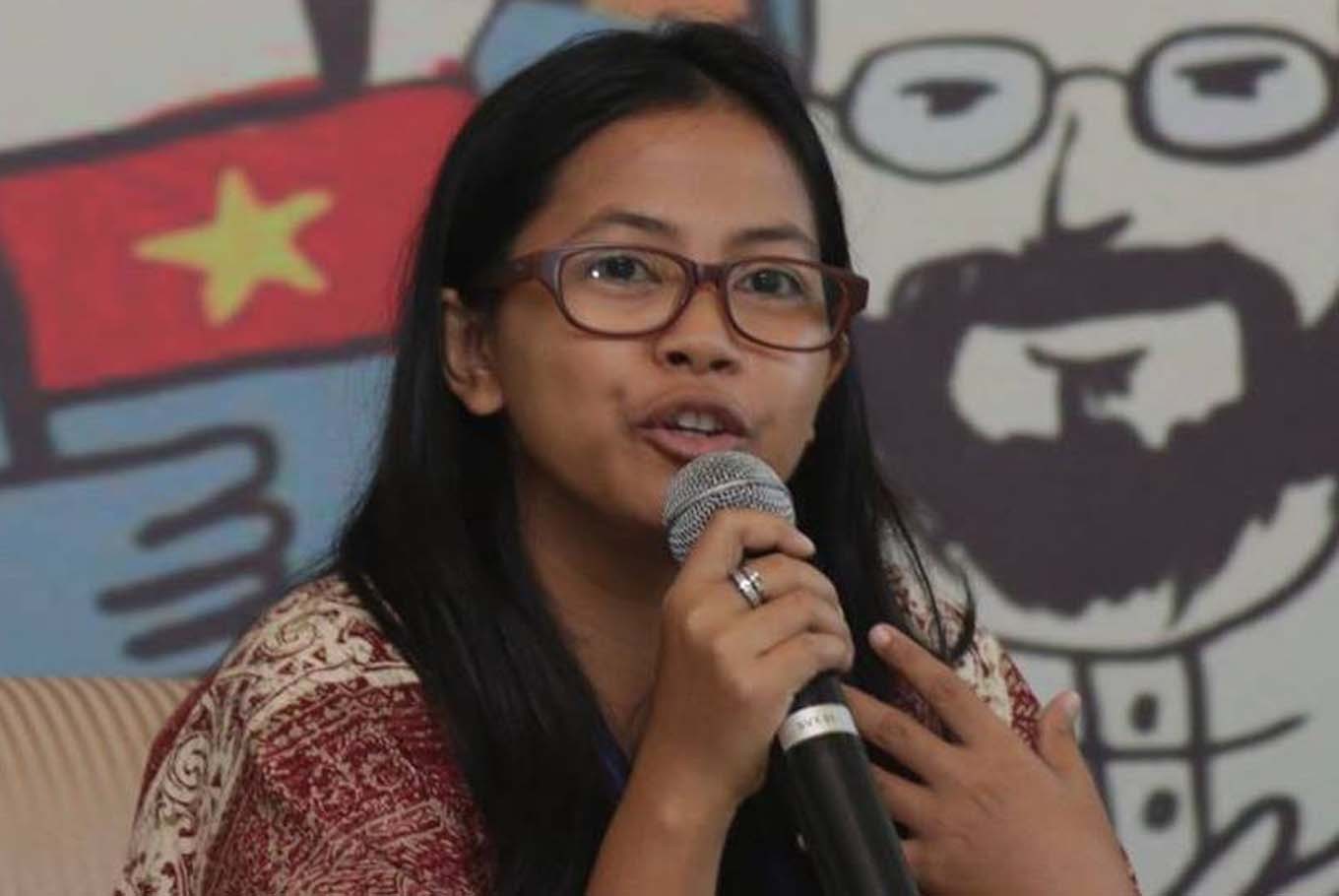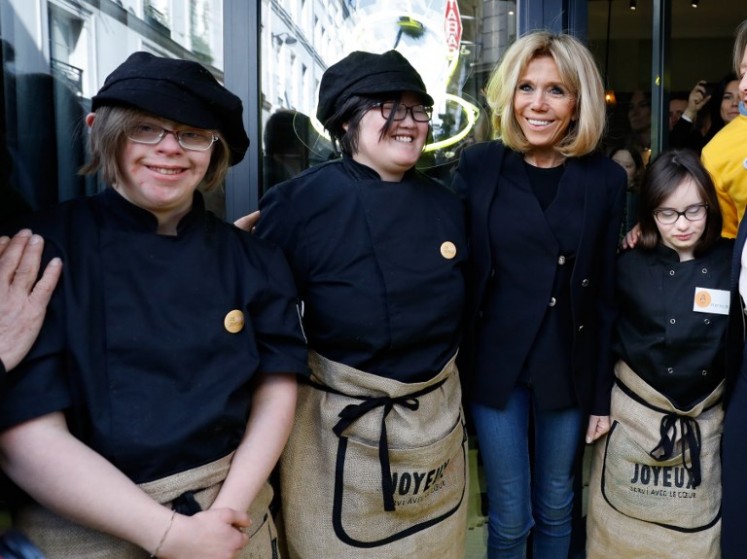A closer look at life as HIV-positive
In accordance with World AIDS Day on Dec. 1, Ayu shared her thoughts and experience with The Jakarta Post regarding the condition.
Change Size
 Ayu Oktariani speaks during an event. (Ayu Oktariani's blog/-)
Ayu Oktariani speaks during an event. (Ayu Oktariani's blog/-)
A
yu Oktariani is a HIV-positive woman who became infected through her late husband. Based in Bandung, she is currently an activist for the Indonesian Positive Women Network (IPPI), an organization that advocates women with HIV.
In accordance with World AIDS Day on Dec. 1, Ayu shared her thoughts and experience with The Jakarta Post regarding the condition. (kes)
How did you feel when you first found out that you were HIV-positive?
It happened seven years ago. I was diagnosed HIV-positive while taking care of my late husband. I did not know what to do and what was going to happen. For a year, I became anti-social. I chose not to meet with people, unless it was really necessary.
Fortunately, my parents, siblings and some of my close friends have been very supportive. Although, at the same time, I also have encountered some people or other relatives that have kept their distance with me upon finding out about my condition.
Did you go to a support group?
My doctor and other friends I met in hospital suggested to me to join a support group, but I refused. In 2010, after realizing what my parents had done for me, I decided that it was time to get out.
The support group meeting returned me back to the real world. I realized that in this world there are a lot of problems and it is not only about my problem. I begun to accept my health condition and moved on.
(Read also: A healthy pregnancy is possible for people with HIV)
We heard that you have remarried. Can you tell us more about it? How did you tell your husband about your condition?
He was the answer to my prayers. In 2012, I returned to a normal life and started to think about my future. I didn’t want to grow old alone.
We got married in 2014. Before taking the big leap, I told him all the consequences of marrying a HIV-positive woman, including the treatment I need to have, the cost and implications of getting pregnant.
You moved from Jakarta to Bandung. Did you face any challenges when adapting to this new environment?
I had no problems adapting with the new environment. Additionally, the hospital in Bandung has a one-stop service that makes it easier for me.
Have you ever encountered friends or acquaintances that were reluctant to share food with you?
No. Usually I would be the one who inform them if I have flu or something.
As a parent, what are the challenges you face?
I make sure only certain people know about my health condition. My daughter knows that I’m HIV-positive, [but] her circle doesn’t know about it. Some may know that I’m an activist, but that’s it. People are different; some may need a longer time to understand my health issue.
Have you ever experienced discrimination in the workplace?
In 2009, I worked as an admin for a music school. It ended badly. That was my first [experience of] discrimination I encountered after [they] found out I was HIV-positive. The news spread to the management. After working for nine months, they asked about it. Although HIV can’t be transmitted from social contact, they asked me to resign.
In 2010, I undertook work to support HIV-infected people. At the end of 2012, I joined IPPI.
How can we support HIV-positive people?
Don’t be ignorant. Don’t think that information relating to HIV is something extraordinary that only people like me [are the ones] that need to know about it. Try to understand and learn more about HIV.









